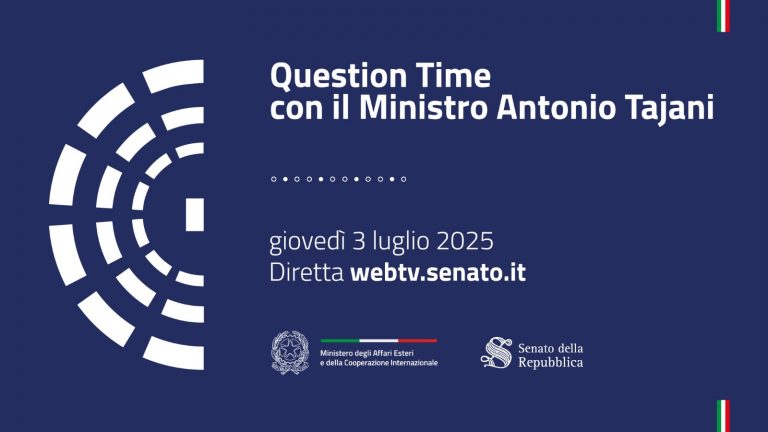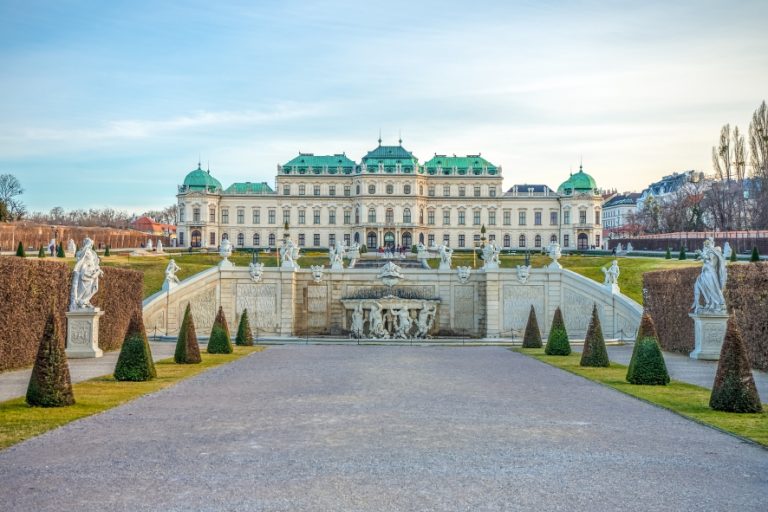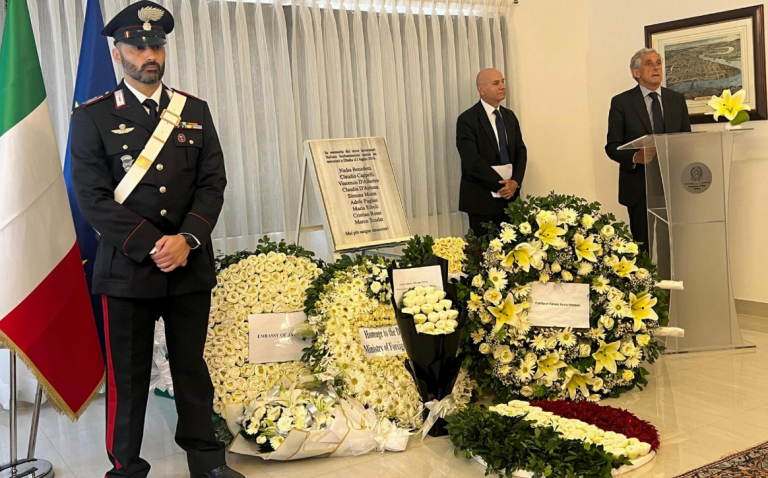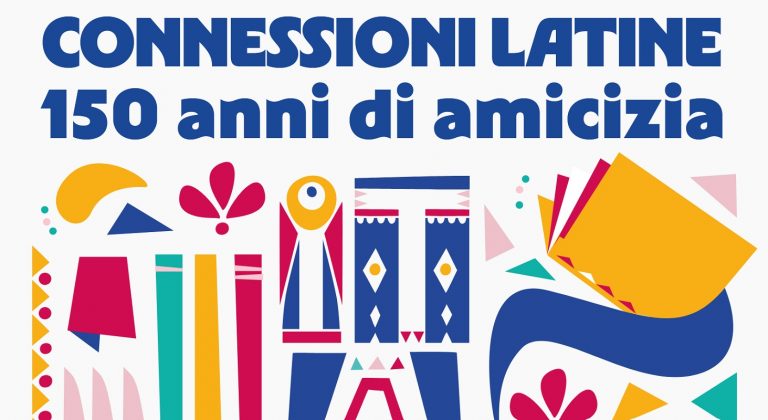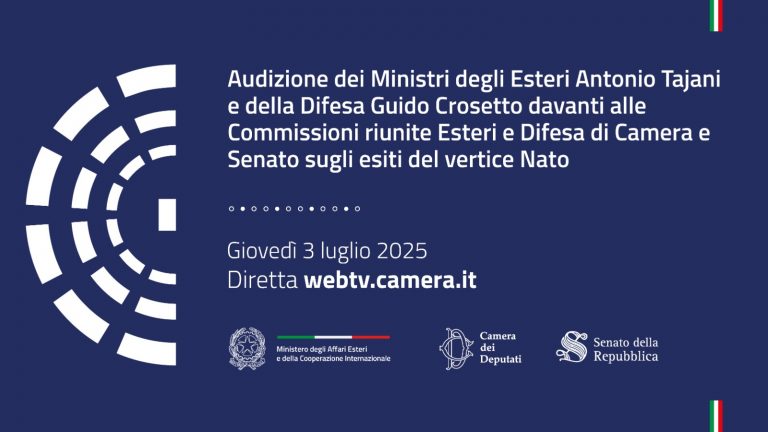(fa fede solo il testo effettivamente pronunciato)
Distinguished colleagues, Your Excellencies, Members of the WID International and National Board and Dear Friends, I would like to welcome you all here today, in this beautiful setting designed by Raphael.
I would first like to thank the members of the International Board of the Women in Diplomacy Committee who accepted our invitation and gathered for the first time today to give their contribution to the project on Women for Expo. Your participation to the initiative will complement at the international level the enthusiastic support and assistance already given by the WID national committee that we set up last May, a group of distinguished personalities chaired by a passionate executive President, Vice Minister Marta Dassù.
I would also like to thank the other eminent guests who have joined us tonight. Let me illustrate briefly the mission and the goals of the WE- Women for Expo project – promoted by Expo 2015, the Italian Ministry for Foreign Affairs and the Fondazione Mondadori – and officially launched in Turin on October 4th, during the Expo International Participants Meeting.
What are we aiming at? To speak bluntly, we want the Expo in Milan to be the first “gender Expo” ever and an example for future ones. The themes of the 2015 event are particularly helpful in achieving such a goal. The food security issue is closely related to the role of women: they are the first providers of nourishment, yet face major challenges regarding nutrition and food access. The theme of Expo embraces other matters of great concern to the entire world such as food quality and its consequences on health, access to water, environment and climate change, innovation and technology. Again, to effectively address these issues, the legal, economic and political empowerment of women is of paramount importance.
To promote awareness about the essential role women play in tackling such challenges, from now until 2015, we will convene a number of conferences and events in Italy and abroad to draw the public’s and decision makers’ attention. Our first appointment is the one of tomorrow, to which you are all invited: a side event on gender and food security on the occasion of the High Preparatory Meeting for the Second International Conference on Nutrition at FAO.
We are then planning to organise other events in order to endorse and spread such message all over the world, touching the different Continents. We will start with a workshop dedicated to the Latin American experience on food security in December, during the Italian-Latin America and Caribbean Summit. We will then continue in 2014 with an International Conference in Mozambique and a workshop with our Asian partners during the ASEM Summit in Milan. Of course, we are aware that the role of women in food safety and food security is also a relevant issue in Europe; for this reason we are also scheduling a seminar on new poverty in Paris.
This set of events will collect proposals and best practises for a sustainable future, engaging the largest possible number of women in this path towards empowerment. Such key ideas will be gathered in a Women’s charter, by means of which we intend to contribute to the definition of the 2015 post-Millennium goals, that will be sent to the United Nations.
To achieve such objectives, we have obviously also called for the collaboration of the female general Commissioners for Expo of national pavilions, 25 out of 138, some of whom are here with us tonight. We also asked the countries which have a male general Commissioner to nominate a focal point for gender issues. The idea is to create a “fil rouge” that will connect all pavilions in a virtual gender path, starting and ending at the Italian one.
In order to take advantage of an extraordinary know-how and expertise for our campaign, we thought we could include in our International Board a woman who has been awarded with the Nobel Peace Prize for such awareness activities. I am referring to our guest of honour, Ms. Jody Williams, who was a Nobel Peace Prize laureate in 1997 (one of only fifteen women awarded with such Prize in over a century), as the founding coordinator of the International Campaign to Ban Landmines (ICBL). This campaign, that included over 1300 organizations in 95 countries working to eliminate antipersonnel landmines, gave an essential contribution to bring about the 1997 Mine Ban Treaty.
In 2006, Ms. Williams and other sister Nobel Peace Laureates (Shirin Ebadi, Wangari Maathai, Rigoberta Menchú Tum, Betty Williams and Mairead Maguire) established the Nobel Women’s Initiative, bringing together their extraordinary experiences to promote and support efforts of other women promoting peace with justice and equality. (They were later joined by Aung San Suu Kyi as an honorary member and by two other laureates Leymah Gbowee and Tawakkol Karman in 2012.)
We are therefore happy to have Ms. Williams’ here with us tonight to talk about her experiences. Ms. Williams, dear Jody, you have the floor.

